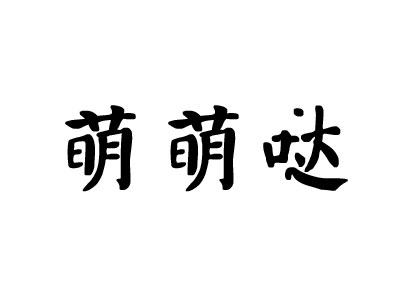Buzzwords that you can't miss in 2014

"萌萌哒" (mengmengda), meaning adorably cute, appeared 52.98 million times on Sina Weibo, making it the most widely used catchphrase in the Chinese Twitter equivalent.
"萌" (Méng) literally means "cute", and "哒"(da) is a modal particle, which expresses the mood of a word, that adds an innocent and sweet feeling to the word.
Originating on a Chinese social networking website called "douban", and primarily being used to refer to someone who is acting a bit strange and muddled and "is supposed to take some medicine", the word is now being acknowledged in a broader sense.
You could use it to describe your selfie, your new haircut or a scarf that your friend is wearing. Just tag it if you think something is cute, or, not really.
In fact, it is a phrase that serves to express affection or fondness toward a certain object, people or event, only in an amusing way. You could even say you feel mengmengda when you get a day off from work.
Look at many of the catchwords in China and you may find them displaying a fairly good sense of humor, just like mengmengda. But if you think that they only serve to amuse, think again.
















